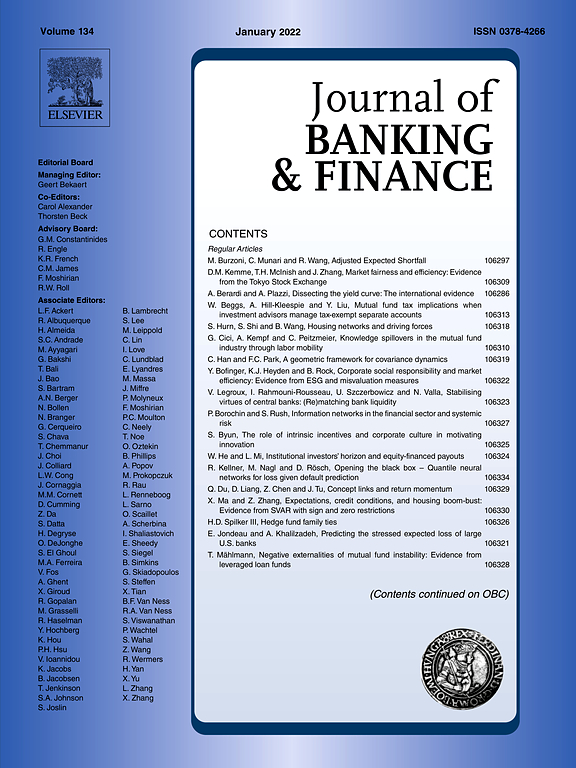
Lo más reciente
During the last decade Colombian international financial conglomerates (IFCs) expanded abroad, significantly increasing their geographical complexity. This paper analyzes the effect of changes in geographical complexity on the level of bank risk. We used the z-score as a measure of bank risk and as a measure of geographical complexity, the number of countries where a Colombian IFC has bank subsidiaries. Our results suggest that complexity is associated with higher levels of banks' risk, due to the Colombian expansion overseas to countries with large GDP co-movements and lower regulatory qualities. In addition, we found some evidence that complex banks increase their demand for external funds when the internal cost of capital increases. Moreover, local monetary policy affects the relationship between banking complexity and bank risk.
 Pamela Andrea Cardozo-Ortiz,
Pamela Andrea Cardozo-Ortiz,  Paola Morales Acevedo,
Paola Morales Acevedo, 